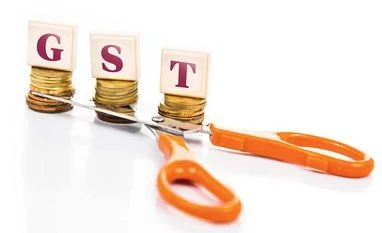Days after GST Bill was passed by Parliament, Prime Minister Narendra Modi on Sunday gave credit to all political parties who unanimously approved the legislation despite "bitter rivalries", saying it was an example of how big tasks can be done if all parties work together.
"In August 2016, parties having intense political rivalry, parties which do not let go any chance to attack each other, all came together to pass the GST bill," he said in his monthly radio programme 'Mann Ki Baat'.
"The credit goes to all the parties. This is an example of how big a task can be accomplished when all parties work together in one direction," he added.
The GST will replace more than a dozen levies central and state levies, including central excise duty, service tax and central sales tax as well as VAT on sale of goods and entry tax, to make movement of goods seamless across 1.3 billion market. Instead of the good being taxed multiple times at different rates, under the new GST regime goods would be taxed at point of consumption.
The Lok Sabha had earlier passed the bill in May 2015 but it hit the roadblock in the Rajya Sabha where the principal opposition Congress insisted on certain changes, including capping the tax rate in the constitution.
"In August 2016, parties having intense political rivalry, parties which do not let go any chance to attack each other, all came together to pass the GST bill," he said in his monthly radio programme 'Mann Ki Baat'.
"The credit goes to all the parties. This is an example of how big a task can be accomplished when all parties work together in one direction," he added.
More From This Section
The long-pending Constitution amendment bill that will pave the way for roll out of GST, a new uniform indirect tax regime, in the country was passed by Rajya Sabha on August 3 and by Lok Sabha on August 8.
The GST will replace more than a dozen levies central and state levies, including central excise duty, service tax and central sales tax as well as VAT on sale of goods and entry tax, to make movement of goods seamless across 1.3 billion market. Instead of the good being taxed multiple times at different rates, under the new GST regime goods would be taxed at point of consumption.
The Lok Sabha had earlier passed the bill in May 2015 but it hit the roadblock in the Rajya Sabha where the principal opposition Congress insisted on certain changes, including capping the tax rate in the constitution.
)